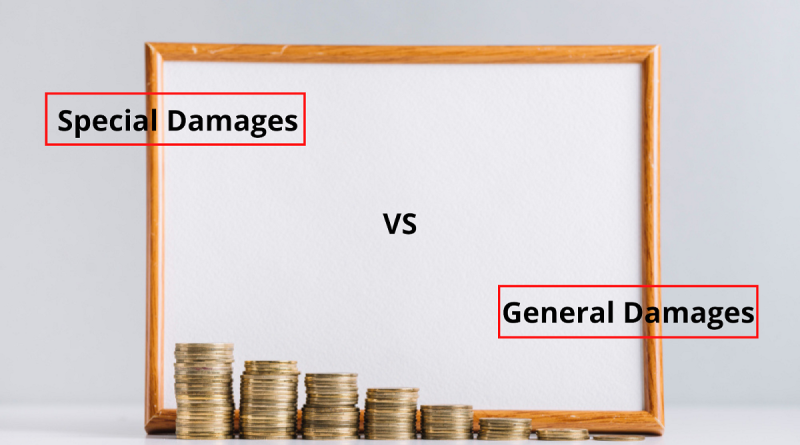Special Damages vs. General Damages in a Personal Injury Case Explained
Special damages and general damages are both given out at the end of a personal injury lawsuit. Each lawsuit typically involves both types of damages, but each set of damages will be determined separately. Together, these two types of compensation will make up the majority of the settlement amount.
Special damages deal with monetary losses. They involve tangible loss of money, income, and other belongings. Examples include medical bills, lost wages, inability to earn future wages, stolen items, property damages, and other unexpected expenses. Sometimes special damages even include the cost of an attorney.
General damages are the monetary reward that deals with things outside of monetary value. Pain and suffering compensation are the most common forms of general damages, but others do exist. Other types of general damages include loss of companionship or consortium, loss of quality of life, emotional distress, mutilation and disfigurement, and other non-monetary related subjects.
Limits on Special Damages
It’s often easy to calculate exactly how much compensation is due with special damages. It can be easily determined by supplying the court with medical costs, receipts, and other documents that show exactly how much something is worth or cost.
Special damages include loss of wages and loss of future wages too. Showing loss of wages is just as easy as determining medical costs. Just supply the court with a few pay stubs and inform them of how long you are or will be out of work to determine the cost of special damages.
You can’t get special damage compensation that exceeds what you’ve spent or lost due to personal injury. This puts a soft limit on special damages. Unlike special damages, there’re no hard caps on compensation for general damages.
Limits on General Damages
It’s hard to place a price on the loss of companionship, pain and suffering, loss of quality of life, and the other aspects that make up general damages. These things have no real tangibility or monetary value, so it’s often left up to the court’s discretion on how much to pay.
During the course of a personal injury lawsuit, you and your attorney could determine a fair amount to ask for in general damages, but ultimately, it’s up to the judge to decide exactly how much to award you.
Mental health professionals and doctors will often be asked to testify in court to help determine the fair amount of general damages compensation that will be awarded. A lot of different factors will go into determining a monetary value. These include the severity of the injury, the amount of mental suffering, and many other factors. However, in special circumstances, things like embarrassment and personality deterioration can be considered too.
There are other types of damages that can be paid out after a personal injury lawsuit; however, they aren’t always as common. Most of the time, both general damages and special damages will be awarded. Other types of damages, like punitive damages, are reserved for when the person you’re suing has committed a willful and malicious act.




